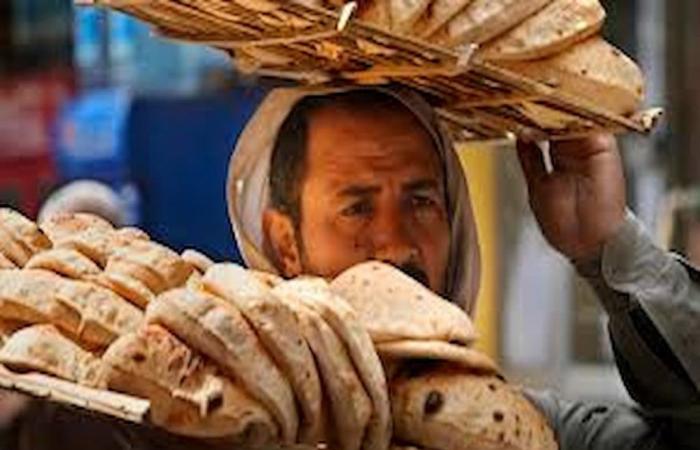The National Dialogue in Egypt – a forum launched by President Abdel Fattah Al-Sisi – has begun discussions for a possible change in the support system towards direct cash support instead of providing food items at reduced prices. A system which, according to many economists, could be more efficient.
Any cash support measures will be of great importance after the government for decades provided subsidies for the purchase of bread and other basic goods to most of the population.
Previous attempts to reform this politically sensitive program had given rise to protests.
Egypt spends around 370 billion pounds ($7.6 billion) on direct support, according to the 2024/2025 budget report, of which 36% is for food support.
More than 60 million people can buy basic food items – such as pasta, cooking oil and sugar – at reduced prices. While at least 10 million others benefit from a huge bread subsidy system.
Al-Sisi and his ministers have been criticizing the current support system for months. And this, while claiming that it does not benefit the most vulnerable groups and that it imposes a heavy burden on the state’s public finances.
In August 2024, the International Monetary Fund – which is implementing a new support program worth $8 billion with Egypt – said reducing untargeted support would give more space to social protection and the development of human capital.
The Egyptian president announced a national dialogue in 2022 with the aim of conducting a political debate and making recommendations within the limits set by the state.






